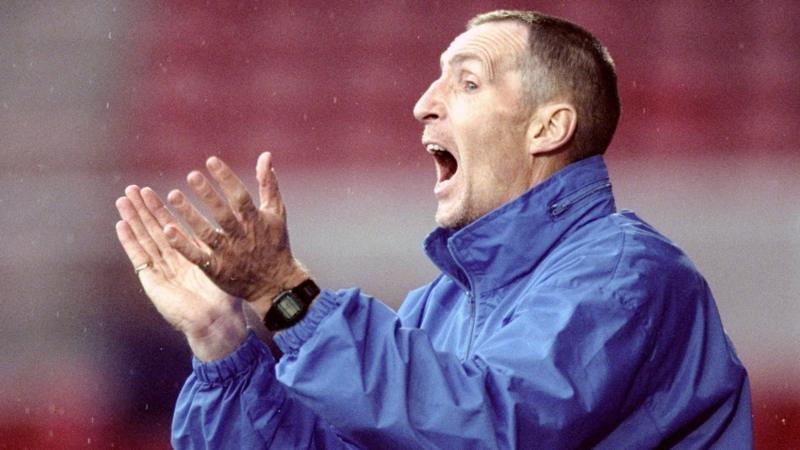Legendary Joey Jones: Fierce Competitor and Beloved Icon Passes Away




The world of football mourns the passing of Joey Jones, a revered figure in British football, who passed away at the age of 70. Having worn the jerseys of Wales, Liverpool, and Wrexham during a storied career, Jones left an indelible mark on the sport, both as a fierce competitor on the field and as a beloved character off it.
Born in Llandudno, Wales, in 1955, Joey Jones's journey in professional football began with Wrexham, where he made his debut in 1971. His early career at the Racecourse Ground was marked by his tenacity and drive, qualities that soon caught the eye of bigger clubs. It wasn’t long before Liverpool came calling, a move in 1975 that would see Jones step onto a larger stage.
At Liverpool, Jones's career flourished under the guidance of manager Bob Paisley. He was part of the formidable Liverpool team of the late 1970s, a squad that dominated English and European football. Joey was integral to the team’s success, helping them secure two European Cups, including the memorable 1977 victory in Rome where Liverpool defeated Borussia Mönchengladbach. His displays of resilience and strength were pivotal in these campaigns, endearing him to the Anfield faithful who admired not just his skill and determination but his palpable passion for the game.
Jones's connection with the fans was legendary. Known for his down-to-earth personality and infectious enthusiasm, he famously carried a banner that read “Joey Ate The Frogs Legs, Made The Swiss Roll, Now He’s Munching Gladbach” during the team's victory lap in Rome. This humorous and spirited gesture perfectly encapsulated his spirited character and endeared him forever to Liverpool supporters.
After returning to Wrexham in 1978, where he played until 1982, Jones continued to showcase his exceptional defensive skills. His leadership on and off the pitch contributed significantly to the team's dynamics, and his experience was invaluable for the younger players. He later had spells with Chelsea and Huddersfield Town before returning to Wrexham again in 1987, where he eventually retired as a player. His impact at Wrexham was so profound that he transitioned into a coaching role, nurturing the next generation of players.
Internationally, Joey Jones earned 72 caps for Wales, proudly representing his country and contributing to some of the team's memorable performances on the international stage. His pride in wearing the national team’s shirt was evident every time he stepped onto the field, symbolized by his relentless work ethic and fierce determination.
Off the field, Joey was known for his warmth and generosity. He remained involved in football through various roles, including coaching stints and participating in charity events, always willing to lend his time and expertise. His legacy in football is characterized not only by the trophies and accolades but by the respect and affection he garnered from teammates, opponents, and fans alike.
Joey Jones’s passing is a poignant reminder of the fleeting nature of life and the lasting impact one individual can have on a sport. Throughout his career, he exemplified the values of perseverance, teamwork, and sportsmanship. He leaves behind a legacy that will not only be remembered for the spirited banner he once paraded but for the spirit and passion he infused into the beautiful game.
As tributes pour in from former teammates, clubs, and fans around the world, it is clear that Joey Jones was much more than a football player. He was a cherished teammate, a mentor, a community figure, and above all, a beloved friend. His memory will undoubtedly continue to inspire future generations of footballers and serve as a beacon for those who value the heart and soul of the sport. Joey Jones, an unforgettable character, both on and off the pitch, will be greatly missed but his legendary status will forever resonate in the annals of football.